Uncategorized
-
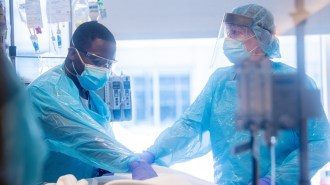 Health & Medicine
Health & MedicineA critically ill COVID-19 patient just got a double lung transplant
A young woman whose lungs could not recover from the coronavirus infection is doing well after a double lung transplant.
-
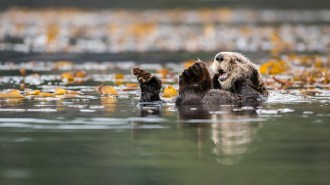 Ecosystems
EcosystemsBringing sea otters back to the Pacific coast pays off, but not for everyone
Benefits of reintroducing sea otters in the Pacific Northwest, such as boosting tourism, vastly outweigh the costs, a new analysis shows.
-
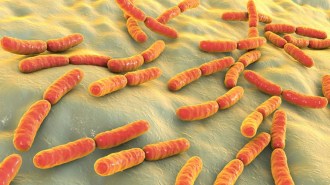 Life
LifeScientists want to build a Noah’s Ark for the human microbiome
Just as the Svalbard Global Seed Vault protects global crop diversity, the Microbiota Vault may one day protect the microbes on and in our bodies.
-
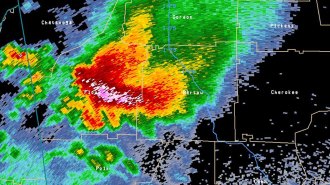 Earth
Earth50 years ago, scientists were getting a better glimpse inside storms
In 1970, experts were harnessing technologies that provided a three-dimensional picture of the inside of a storm.
-
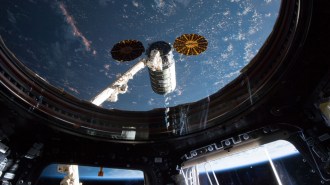 Quantum Physics
Quantum PhysicsThis weird quantum state of matter was made in orbit for the first time
Bose-Einstein condensates made on the International Space Station could reach temperatures lower than any known in the universe.
-

Science News will observe #ShutDownSTEM on June 10
Our staff will use this time away from the daily news cycle to start working to improve our coverage of race and inequity.
By Nancy Shute -
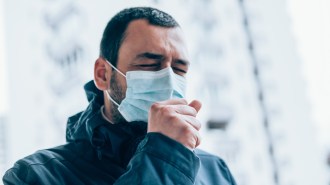 Health & Medicine
Health & MedicineNo, you can’t hear the difference between sick and healthy coughs
A study shows humans can’t distinguish between the sound of a cough from someone with an infectious disease and someone with a tickle in the throat.
-
 Health & Medicine
Health & MedicineHow often do asymptomatic people spread the coronavirus? It’s unclear
A WHO official said people without COVID-19 symptoms rarely spread the virus, but there’s a lot that researchers don’t yet understand.
-
 Health & Medicine
Health & MedicineLockdowns may have averted 531 million coronavirus infections
Policies that kept residents at home and closed businesses were largely effective at slowing the pandemic’s spread, two studies suggest.
-
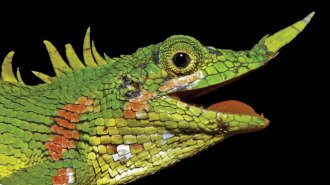 Animals
AnimalsA nose-horned dragon lizard lost to science for over 100 years has been found
It’s now known that a Modigliani’s lizard, first found in 1891 in Indonesia, is bright green but can shift shades like a chameleon.
-
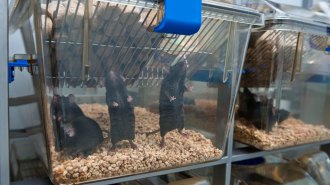 Science & Society
Science & SocietyBiomedical studies are including more female subjects (finally)
In 2019, 49 percent of biomedical research articles had both male and female subjects, almost double the percentage a decade ago.
-
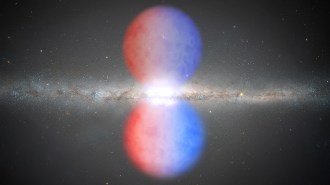 Space
SpaceThe Milky Way’s giant gas bubbles were seen in visible light for the first time
Variation in the light’s wavelengths could help scientists map the velocity of the gas that makes up the towering structures known as Fermi bubbles.